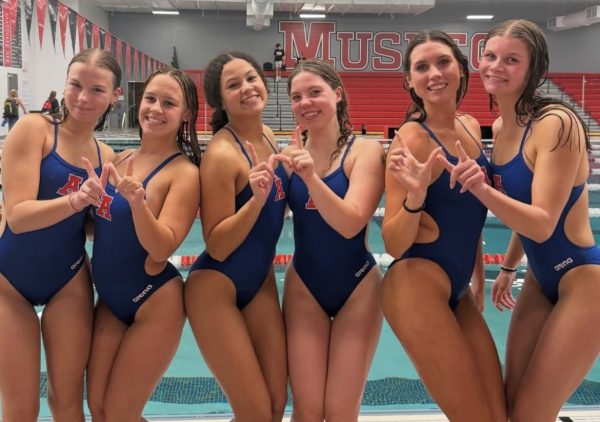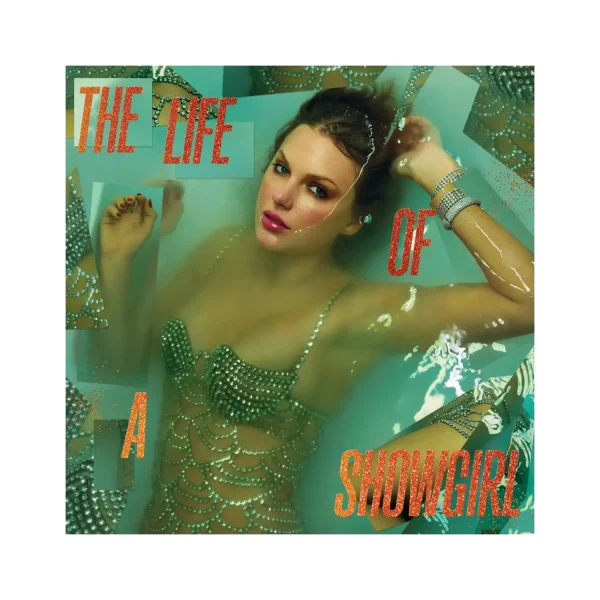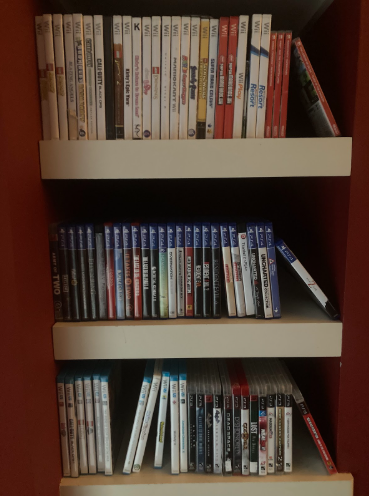AP Spanish Students Make Their Final Projects
In the last weeks of school, many students are either preparing for final exams or working on final projects.
One such project being done is by the AP Spanish students, who are supposed “to either make a Spanish song about some of [the] AP topics [they] looked at over the year or a remake/retelling of a story [they] read in class,” says Arrowhead senior and AP Spanish student Payton Jarosinski. The students are each in groups of three for this project.
Jarosinski’s group for this project consists of herself, Killian Gould, and Alex Cluka—all of them are Arrowhead Seniors in AP Spanish.
The projects are judged by the AP Spanish teacher, Amy Coraggio, on five different criteria, each scored between zero and ten.
The first criteria is the content of the project, including the message of the project, connection to AP topics, and organization. The second is presentation, covering acting, scenery, props, costumes, and special effects. The third criterion is AP concepts: each group needs to have at least three AP concepts with a minimum of two examples of each. The fourth criterion is pronunciation grading each student’s pronunciation approximating native speech. The final piece of criterion is general comprehension to score how well the viewers can understand the project.
Along with the basic criteria, the students must demonstrate their knowledge of the following AP Spanish concepts: rima y # de sílabas, proverbios, transiciones, vocabulario AP, el uso del subjuntivo.
Jaronsinski says that the project is “significant to [the] class because it dives into different perspectives of war in Spanish-speaking countries.”
Jarosinski says, “We chose to do a project on a story we read a while back called “Mejor Que Perros” or ‘worse than dogs’. We chose to do a remake of the story and called it ‘Peor Que Perros’. It’s significant in the way that we are showing how not only prisoners of war are treated worse than dogs, but guards and people who are drafted into that war are as well.”
This project, however, is intended to be a fun and enjoyable experience for the students. Jarosinski says “It’s not as serious as it sounds; we did a funny retelling of a POV camp and it’s the guard who wants to escape [instead of] the prisoners.”









